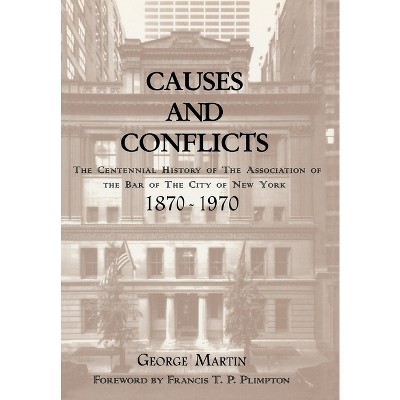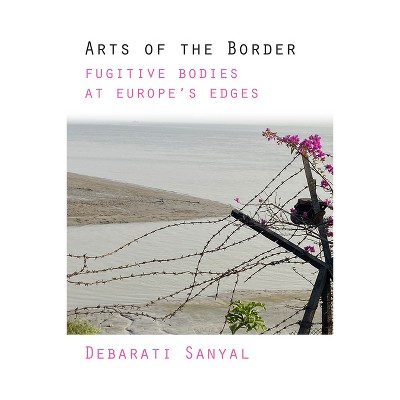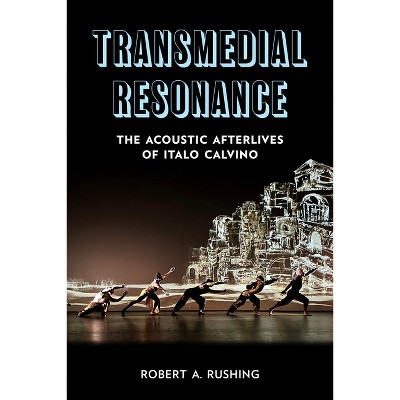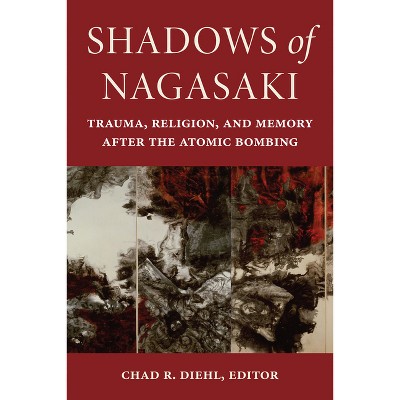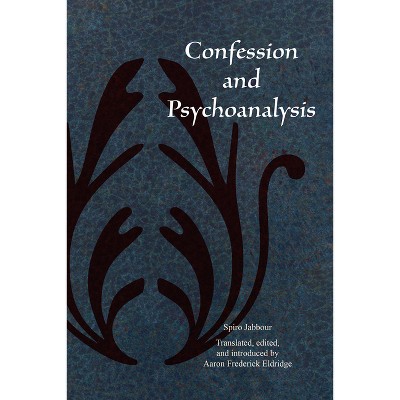About this item
Highlights
- Liron Mor's book queries what conflict means in the context of Palestine-Israel.
- About the Author: Liron Mor is Associate Professor of Comparative Literature at the University of California, Irvine.
- 288 Pages
- Literary Criticism, Comparative Literature
Description
About the Book
Conflicts engages Hebrew and Arabic literature to critically reassess the concept of conflict, both in Palestine-Israel and in general. Drawing on a diverse archive, ranging from the 1930s to the present and from prose and poetry to film and television, it reveals indigenous literary concepts that better theorize the region's antagonisms and mediations, its colonial technologies and anticolonial practices.Book Synopsis
Liron Mor's book queries what conflict means in the context of Palestine-Israel. Conflict has long been seen as singular and primary: as an "original sin" that necessitates the state and underwrites politics. This book problematizes this universal notion of conflict, revealing its colonial implications and proposing that conflicts are always politically constructed after the fact and are thus to be understood in their various specific forms.
The book explores sites of poetic and political strife in Palestine-Israel by combining a comparative study of Hebrew and Arabic literature with political and literary theory. Mor leverages an archive that ranges from the 1930s to the present, from prose and poetry to film and television, to challenge the conception of the Palestinian-Israeli context as a conflict, delineating the colonial history of this concept and showing its inadequacy to Palestine-Israel. Instead, Mor articulates locally specific modes of theorizing the antagonisms and mediations, colonial technologies, and anticolonial practices that make up the fabric of this site. The book thus offers five figurative conflictual concepts that are derived from the poetics of the works: conflict (judgment/ishtibāk), levaṭim (disorienting dilemmas), ikhtifāʾ (anti/colonial disappearance), ḥoḳ (mediating law), and inqisām (hostile severance). In so doing, Conflicts aims to generate a historically and geographically situated mode of theory-making, which defies the separation between the conceptual and the poetic.From the Back Cover
"This ambitious book argues that the 'Israeli-Palestinian conflict' is simply not a conflict. In deconstructing this central yet misleading political paradigm, along with its historical uses and abuses, the author explores the uncharted cultural war zones between Hebrew and Palestinian cultural production while also offering a multi-layered discussion of Mizrahi identity and literature. Choosing not to follow in the trodden path of her predecessors in the field, Mor thus emerges as a 'discourse initiator' who establishes a new beginning, in the Saidian sense."--Anton Shammas, author of Arabesques
"Conflicts offers a powerful combination of literary, political and philosophical critique to explore the asymmetries of what is known as the Israeli-Palestinian conflict. Mor takes apart the concept of conflict itself and exposes its colonial legacy and the illusion of symmetry between two even powers that it has produced."--Chana Kronfeld, University of California, Berkeley Liron Mor's book queries what conflict means in the context of Palestine-Israel. Conflict has long been seen as singular and primary: as an "original sin" that necessitates the state and underwrites politics. This book problematizes this universal notion of conflict, revealing its colonial implications and proposing that conflicts are always politically constructed after the fact and are thus to be understood in their various specific forms. The book explores sites of poetic and political strife in Palestine-Israel by combining a comparative study of Hebrew and Arabic literature with political and literary theory. Mor leverages an archive that ranges from the 1930s to the present, from prose and poetry to film and television, to challenge the conception of the Palestinian-Israeli context as a conflict, delineating the colonial history of this concept and showing its inadequacy to Palestine-Israel. Instead, Mor articulates locally specific modes of theorizing the antagonisms and mediations, colonial technologies, and anticolonial practices that make up the fabric of this site. In so doing, Conflicts aims to generate a historically and geographically situated mode of theory-making, which defies the separation between the conceptual and the poetic. Liron Mor is Associate Professor of Comparative Literature at the University of California, Irvine.Review Quotes
Conflicts offers a powerful combination of literary, political and philosophical critique to explore the asymmetries of what is known as the Israeli-Palestinian conflict. Mor takes apart the concept of conflict itself and exposes its colonial legacy and the illusion of symmetry between two even powers that it has produced.---Chana Kronfeld, University of California, Berkeley
This ambitious book argues that the 'Israeli-Palestinian conflict' is simply not a conflict. In deconstructing this central yet misleading political paradigm, along with its historical uses and abuses, the author explores the uncharted cultural war zones between Hebrew and Palestinian cultural production while also offering a multi-layered discussion of Mizrahi identity and literature. Choosing not to follow in the trodden path of her predecessors in the field, Mor thus emerges as a 'discourse initiator' who establishes a new beginning, in the Saidian sense.---Anton Shammas, author of Arabesques
About the Author
Liron Mor is Associate Professor of Comparative Literature at the University of California, Irvine.
